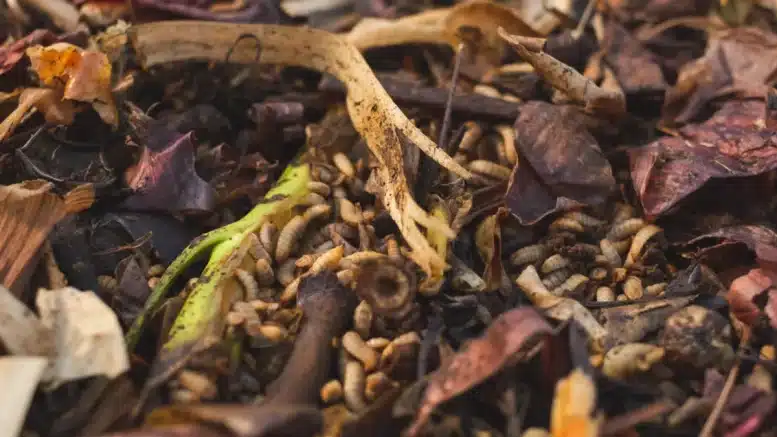The recent study exploring the microbial communities involved in human corpse decomposition has uncovered some fascinating insights. Researchers found that specific bacterial and fungal decomposers consistently appear during the breakdown of human flesh, regardless of environmental conditions or burial location. These microbes play a crucial role in the decomposition ecosystem, contributing to the recycling of organic material and preventing an accumulation of corpses in the environment.
Decomposition, as defined by the consumption of organic material by other organisms, is essential for ecosystem functions such as plant production and soil respiration. Microbial networks are integral to decomposition, but their exact ecology has remained elusive. The study aimed to shed light on how decomposer microbial communities assemble and which organisms are involved.
By burying 36 human cadavers across three distinct locations and environmental conditions, researchers observed universal microbial communities present in all cadavers, regardless of the burial site or season. These microbial groups were rare in non-decomposition environments, indicating their specific association with decomposing flesh.
The study suggests that insects may play a role in transporting fungi and bacteria between decomposing animals, facilitating the assembly of microbial communities. Furthermore, the researchers developed a machine learning model that accurately estimated the time of death based on the microbial timeline of decomposition. This finding could have significant implications for forensic science, providing valuable information for determining the postmortem interval in investigations.
Overall, this study offers intriguing insights into the microbial dynamics of corpse decomposition and underscores the importance of microbial communities in ecosystem processes and forensic science.

